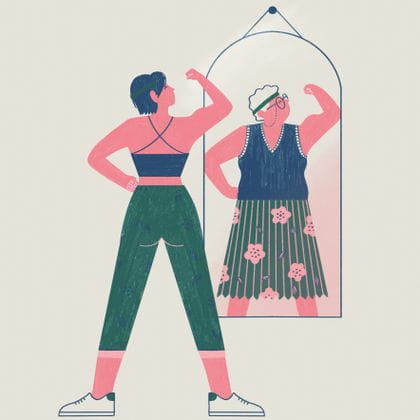Stay in motion!
An interview with university professor Dr. Josef Niebauer
We talked with Salzburg’s internationally renowned sports medicine specialist and cardiologist Dr. Josef Niebauer on the topic of exercise. Read in the following interview why we should be scared of the sofa and how we can overcome our inner couch potato.
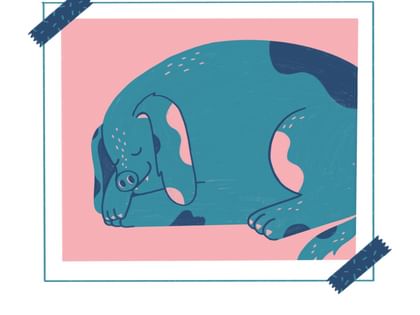
We currently find ourselves in uncertain times, having to cope with social restrictions, concerns and fears. What effects do these have on exercise and sport?
“In general, this is a completely new and unfamiliar situation for all of us. People see how everything is becoming more expensive, especially with respect to the upcoming winter. Heating costs are jumping through the roof, we are basically saving on everything that isn’t absolutely urgent. Such as fitness studio subscriptions, new sports outfits, etc. Plausible, perhaps, although one thing actually has very little to do with the other. We can’t allow it to get to the point that we put sport at the bottom of our priority list. That would be a dramatic step to take and would be the wrong place to save. Let me explain myself with an example: If we only had cold water in winter, we would still take showers. Sports and daily exercise are an important part of our lives, our daily routines and “hygiene”, since we also talk about our “mental hygiene”. If we were to lose this, it would indeed have a dramatic impact on our body, mind and soul.”
How can physical activity and sport help us in times like these?
“Everyone is familiar with the situation, you have a problem, don’t know how to handle it, so the best solution is simply to step out the door. Suddenly, the situation is totally different, as if the cards had been reshuffled. The problem has been relativized and your depressed mood disappears. It’s from that perspective that physical exercise and sport are especially important in times like these. It makes us more optimistic, gives us greater self-confidence, more courage and strength to face other challenges. Physical activities make us happier and calmer.”
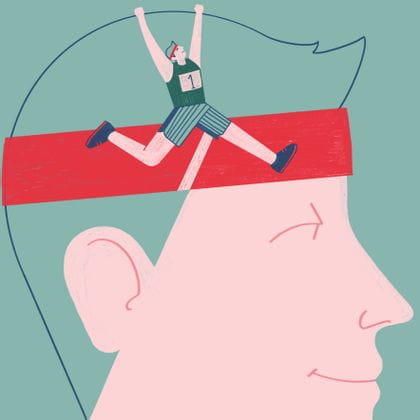
You claim that laziness is an addiction – can you explain that more closely?
“Laziness is a habit, we always opt first for comfort over discomfort. Doing nothing is mainstream. Actually a very clear human process, though when viewed from the perspective of exercise, very counterproductive. We must go out of our way to find and make the most out of the uncomfortable option. Laziness becomes a habit when I deliberately pass up exercise opportunities and instead, for example, opt for the elevator, the sofa or easy chair. This phenomenon goes back to the times when people had to do a lot of hard physical labor and were so overburdened in their work lives that the sofa was the only thing that helped to switch off and revive. Yet it’s fair to assume that our generation doesn’t have to deal with that kind of work situation.
Be afraid of the sofa and not sport? What are you trying to tell us?
The problem with this topic is that people constantly warn us, be it after an injury or an operation, that we should always take it easy, move as little as possible. Worldwide, more people die from physical inactivity than they do from smoking. Physical fitness is the greatest predictor of a healthy, long life, even greater than blood pressure or blood sugar could ever be. What I am trying to say is, we don’t die participating in sports, we die on the sofa! We have to take a reasonable approach and decide without a shadow of doubt in favor of sport. Simply giving ourselves a sick note has to become a thing of the past. Which brings me back to a well-known saying: “Sitting is the new smoking.” We have this problem because the general public underestimates how positive exercise is, and just how dangerous physical inactivity is.”
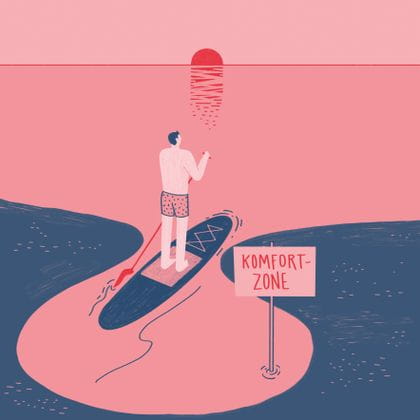
What can you do to uproot your inner couch potato?
That’s a question I am often asked. How do I reward myself for doing exercise? My answer is, sport is its own reward, I reward myself with sport. There is nothing more wonderful after a hard, strenuous day, than going out and getting some exercise. That is the reward for all the things I had to put up with throughout the day. It’s an opportunity to recharge my batteries and simply be myself. Exercise needs to become something that’s truly fun and a part of our lives we are no longer willing to do without. However, it is up to each of us to find something we enjoy. Ideally, two people will get up and take a walk together. The whole group dynamic is worth its weight in gold, believe me. And everyone needs to be clear in their own mind, no sport is simply not an option. Of course, there are plenty of concrete tips for uprooting your inner couch potato. One great motivator might well be having the right equipment. A pair of new jogging shoes or a cool high-tech jacket. If it doesn’t work for you without a motivator, then go ahead and reward yourself. Especially in the beginning phase, rewards are ultra-effective.
How can I reincorporate more exercise into my daily life? Any tips?
It's difficult to integrate exercise and sport into a regular conventional workday. But remember, even after an 8-hour workday, there are still 16 hours left over for physical activity and sport. You should also ask yourself, why don’t I walk to work, why don’t I ride my bike there? Of course, one issue is the distance from your home to the workplace. In that case then, don’t park in your employer’s parking area, but maybe 15 minutes away instead, equating to 30 minutes of exercise walking there and back every single day. We have to move exercise up our priority list so that it’s at the very top, so that we always have time for it and are consciously aware of how important that one half-hour really is. It is also important to integrate exercise into the actual workday. It is not easy, clearly, you are tied down by a desk and meetings after all, so begin with the small things. Take the stairs instead of the elevator. Go outside during your lunch break. Use short breaks to move around. Actively seek out the discomfort, become active again!
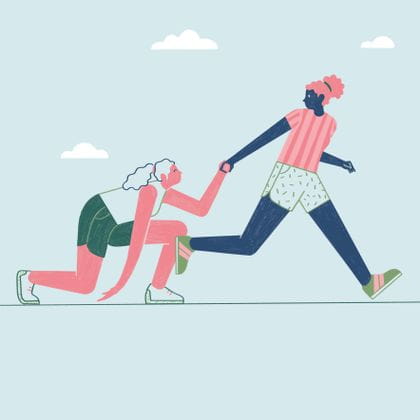
Is it possible to say in general terms how much sport or exercise is “healthy”? Is there a way to quantify it?
“The official standpoint of the World Health Organization is that people should be physically active for 150 – 300 minutes per week. Equating to roughly two-and-a-half to five hours, at an intensity that accelerates my breathing and shortens my sentences. In this case, we are talking about sport, with me sweating, in the subatomic range, comparable to jogging. But that’s a guideline that no more than one third of the population actually sticks to.
Five to six hours of sport per week are physically healthy, the more we can be active in that range the better. But the aspect of regeneration is also very important. Anyone who is halfway in touch with their own body knows how much regeneration they need. Simply listen to your own body. We aren’t professionals, we can allow ourselves breaks, which are important for preventing injuries. I am talking here primarily about the musculature, ligaments and bones, allowing them to recover. That said, a “rest day” doesn’t necessarily mean always doing nothing. On a regeneration day, you can always do stretching or gymnastic exercises for a change of pace.”
